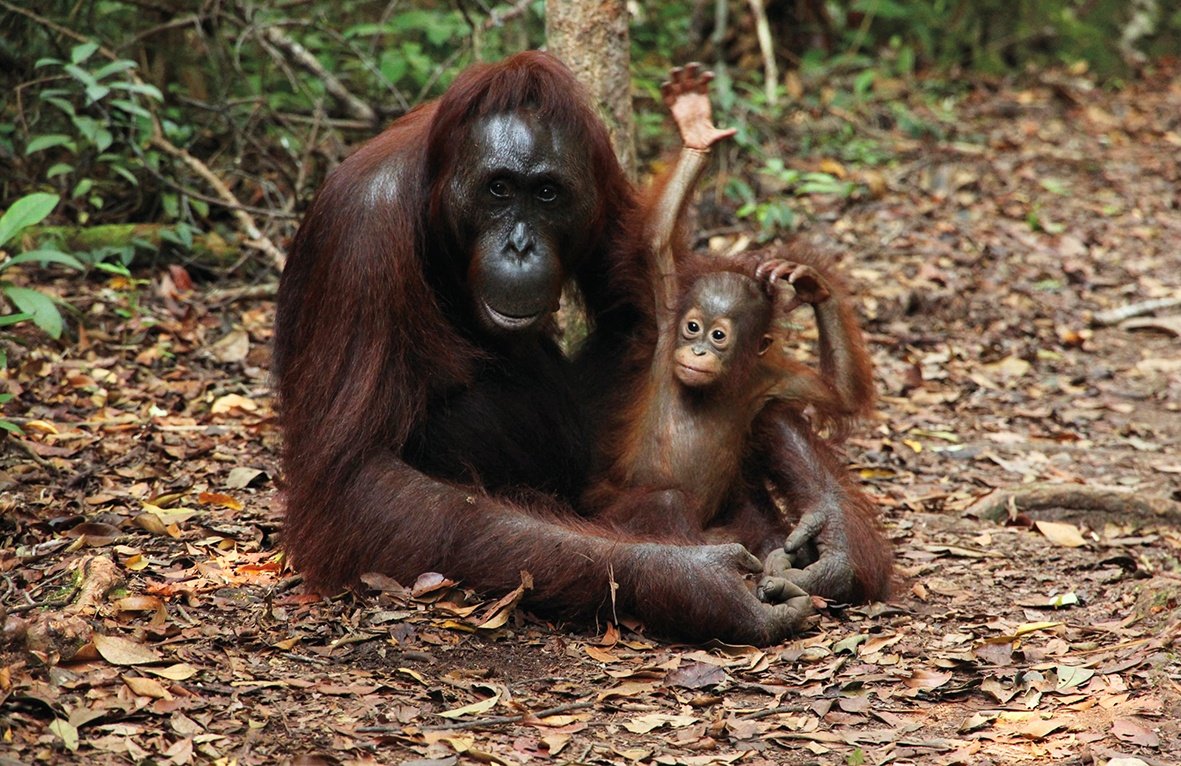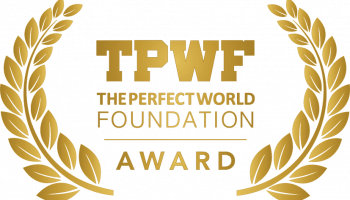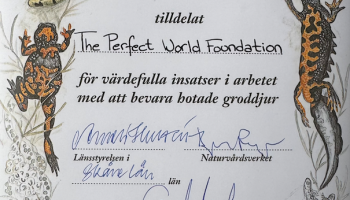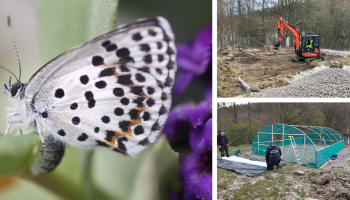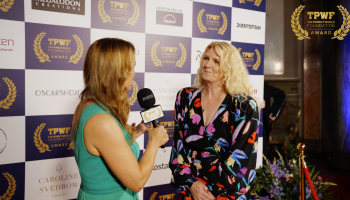Avoid palm oil for a week
Avoiding palm oil products can be a first important step in creating better conditions for human and nature. This week’s challenge in GONNA! comes from The Perfect World Foundation and is about actively choose products that do not contain palm oil.
Every week GONNA! give its users challenges which are small steps to create a better world. In cooperation with non-profit organizations, the challenges are created so that they make a real difference. When you have solved the challenge, you post a picture in the app and thus are able to win the week’s challenge.
– Getting people to think about what products they buy and consume is a first important step in creating a better world, says Ragnhild Jacobsson co-founder of The Perfect World Foundation. Through the cooperation with GONNA!, we want to be able to inspire more people to act to create a more sustainable society, and to choose products that does not harm our planet.
GONNA! launched at the end of October and wants to bring people together to create conditions for a better world.
–We know that people love posting pictures on social media and almost everyone wants to do things that can contribute to a better world. With GONNA! we combine the two and at the same time have found a way where commitment to the app also gives results for the organizations we work with, says Pontus Jansson, one of the two founders behind GONNA!.
Download the app today and join our challenge!
Information about palm oil
A few years ago, there was a intense debate about trans fats and many food producers made the choice to switch to palm oil instead. Palm oil is found in many products, such as butter, sweets, makeup and biofuels, and animal residues are created from the oil extraction. About 85% of the palm oil is produced in Malaysia and Indonesia, where it has created large numbers of jobs, and contributed to a more stable economy in the region with high demand for exports.
Palm oil is extracted from the fruit of the oil palm and forms a vegetable fat that is easy and efficient to produce and the EU is the world’s fourth largest consumer of palm oil. Compared to other vegetable fats, palm oil is superior if you consider how much oil that is extracted per hectare, and the low amount of water and pesticides needed.
So, what’s the problem?
The world’s increased demand for palm oil has created enormous negative effects on the environment, biodiversity, greenhouse effect and humanitarian problems. Rainforests are shredded and burned to create space for the plantation and in connection with this, CO2 is released into the atmosphere. The reduced amount of rainforest has caused people, animals and plants to lose their homes and, for example, the orangutans are being eradicated in favor of the palm oil. In the large-scale production of palm oil, pesticides are used that are considered in the EU as a violation of human rights and for small-scale producers it is difficult to compete with the big giants who push prices at the expense of sustainable cultivation and acceptable working conditions.
The solution
Palm oil is a good product that replaces a lot of other products that on the whole are worse for the environment, but it needs to be grown in a more sustainable ways and without increased harvesting of rainforest. Organic palm oil today accounts for only 0.2% of total production and to address the problem, this figure needs to increase significantly. Consumers and companies that buy palm oil need to make high demands on production and legislation, and therefore one should not buy palm oil which is not organic, which unfortunately applies to almost all palm oil today.

